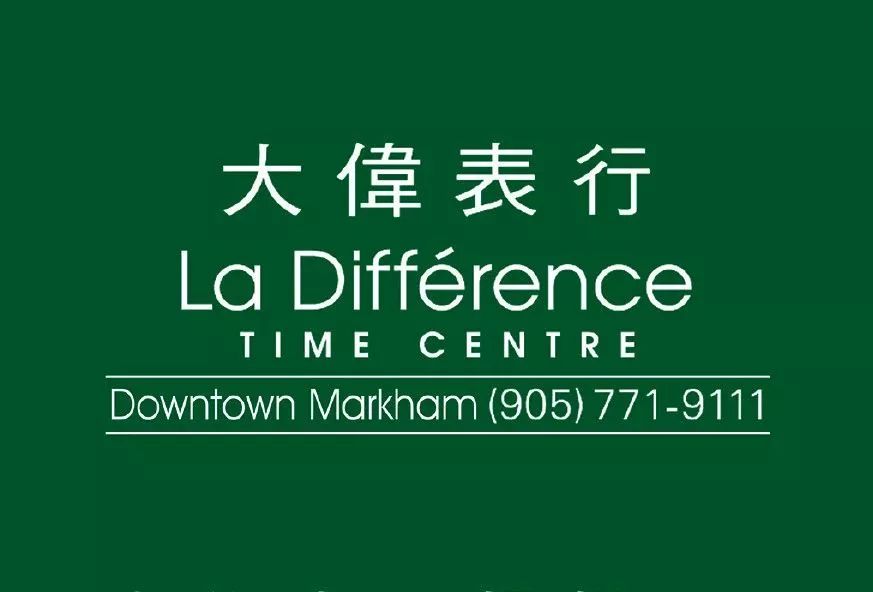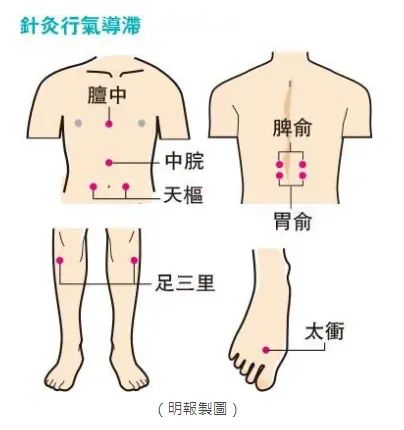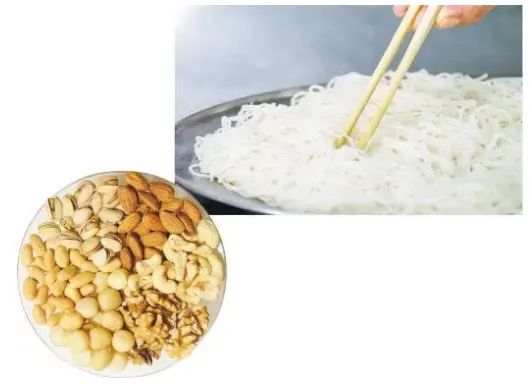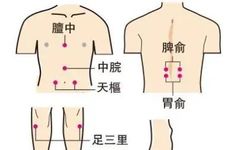

Qi stagnation caused by overeating and excessive worry is closely related to symptoms of bloating, stomach pain, and acid reflux. (Image designed by Doucefleur@iStockphoto)
Bloating, stomach pain, and acid reflux are common clinical issues. Traditional Chinese Medicine (TCM) believes these are related to the dysfunction of Qi movement within the body, which affects the Spleen and Stomach’s ability to properly transform food and fluids. Treatments such as herbal medicine and acupuncture, combined with dietary therapy, can help improve Qi movement and alleviate digestive discomfort. “Qi movement” is a TCM term referring to the mechanism of Qi’s movement, including its rising, descending, exiting, and entering aspects. The life-sustaining “Qi” permeates the entire body, and the normal functioning of the five organs, six bowels, muscles, bones, joints, and skin relies on the nourishment of Qi and the smooth flow of Qi movement. The smoothness of Qi movement is paramount; any dysfunction indicates Qi stagnation. Qi stagnation is associated with symptoms like bloating, stomach pain, and acid reflux. Common types of Qi stagnation include Qi sinking, Qi stagnation, and Qi counterflow. Among these, Qi stagnation is closely related to symptoms of bloating, stomach pain, and acid reflux. One cause of Qi stagnation is overeating, excessive consumption of rich and fatty foods, or injuries leading to blood stasis, as well as blockages from parasites, foreign objects, or the accumulation of stones within the body, resulting in food stagnation, phlegm turbidity, and blood stasis. These pathological products hinder the normal movement of Qi.
Qi Stagnation Transforming into Fire: Accompanied by Burning Sensation and Acid RefluxQi stagnation in the Spleen and Stomach often presents clinically with symptoms such as fullness and pain. For instance, a feeling of fullness in the stomach may lead to a lack of appetite or a sensation of fullness after consuming only a small amount of food, along with belching, nausea, or abdominal bloating, increased gas, and difficulty in bowel movements. TCM posits that “no flow leads to pain”; patients with Spleen and Stomach Qi stagnation may also experience pain in the epigastric region or around the navel, which can be described as distending pain or pain that moves around. Prolonged Qi stagnation can lead to “Qi stagnation transforming into fire”; if there is heat in the liver or stomach, it may manifest as intense stomach pain, sometimes accompanied by a burning sensation and acid reflux, resembling the discomfort of excessive stomach acid or acid reflux. The tongue of a Qi stagnation patient is generally dark and may show signs of blood stasis, with petechiae or ecchymosis on the tongue surface, edges, or underside. The pulse is often described as rough and obstructed, indicating a blockage in the flow of Qi and blood.
Herbal Medicine and Acupuncture: Moving Qi and Resolving StagnationTreating gastrointestinal discomfort caused by Qi stagnation involves, on one hand, soothing the liver and regulating Qi to improve the liver’s function of dispersing Qi, thereby smoothing Qi movement. On the other hand, it also involves tonifying the Spleen and Stomach to enhance their transformation and transportation functions, promoting the movement of Qi. Commonly used herbs with liver-soothing and Qi-regulating properties include Chai Hu (Bupleurum), Xiang Fu (Cyperus), and Zhi Ke (Bitter Orange). Herbal formulas such as Chai Hu Shu Gan San (Bupleurum Powder to Spread the Liver) are often employed. Herbs that tonify the Spleen and Stomach and benefit Qi include Bai Zhu (White Atractylodes), Bian Dou (Hyacinth Bean), and Dang Shen (Codonopsis). Common formulas include Si Jun Zi Tang (Four Gentlemen Decoction) and Xiang Sha Liu Jun Zi Tang (Aromatic-Invigorating Six Gentlemen Decoction).

Acupuncture treatment also plays a role in unblocking meridians and moving Qi. For Spleen and Stomach Qi stagnation, commonly used acupuncture points include Zhongwan (Ren 12), Shanzhong (Ren 17), and Tianshu (Stomach 25) located in the chest and abdomen, as well as Zusanli (Stomach 36) and Tai Chong (Liver 3) in the lower limbs, along with back Shu points such as Pishu (Bladder 20) and Weishu (Bladder 21) that have tonifying effects on the organs.
Post-Meal Walking and Abdominal Massage to Aid Gas ExpulsionPatients with Spleen and Stomach Qi stagnation can improve gastrointestinal function by adjusting their dietary habits. It is advisable to choose light foods, avoiding greasy, overly oily, and excessively sweet foods that may hinder digestion. Additionally, foods that are difficult to digest and prone to gas production, such as nuts, soy products, dairy, rice noodles, instant noodles, potatoes, sweet potatoes, and mangoes, should be minimized. TCM suggests that “overindulgence harms the stomach and intestines”; therefore, it is recommended to adopt a “small meals frequently” approach, avoiding large quantities of food at once, and especially avoiding binge eating. During meals, it is important to chew food thoroughly and eat slowly, avoiding rushing or eating while drinking soup or talking continuously. Otherwise, not only can excessive air be swallowed, but if food is not adequately chewed before entering the stomach, it will increase the burden on the gastrointestinal tract. When food remains in the stomach and intestines for an extended period, it can produce more gas, leading to discomfort and fullness in the epigastric region.

Less is More—Patients with Spleen and Stomach Qi stagnation should eat less of gas-producing and difficult-to-digest foods, such as nuts (left) and rice noodles (right), dairy products, instant noodles, and potatoes. (Reference image)
To promote digestion, it is not advisable to remain sedentary after meals or immediately engage in strenuous work and activities. It is recommended to take a leisurely walk 15 to 20 minutes after eating, combined with gentle abdominal massage in a circular motion around the navel, which can improve gastrointestinal peristalsis, help expel gas, and also relax the body and mind, facilitating smooth bowel movements.
■ Herbal Tea for Stomach Pain ReliefFor Spleen and Stomach Qi stagnation, drinking “Rose and Hawthorn Tea” can help alleviate symptoms of abdominal fullness and pain.

◆ Rose and Hawthorn TeaIngredients: 6g of Rose, 6g of Jasmine, 10g of Hawthorn, 1/3 piece of Chen Pi (Dried Tangerine Peel). Method: Brew with boiling water for 15 to 20 minutes, serve warm, once daily. Effects: Regulates Qi and harmonizes the stomach to relieve pain.
Additional Note: Regulating Qi Movement to Improve Post-COVID Sequelae【Ming Pao Special Report】Recovering patients from COVID-19 may continue to experience Spleen and Stomach dysfunction and Qi stagnation, clinically manifesting as digestive disorders such as loss of appetite, bloating, and constipation, as well as general discomfort, including chest tightness, difficulty breathing, unclear thinking, tinnitus, limb numbness, menstrual irregularities in women, and sexual dysfunction in men. The causes of these sequelae may be due to the virus itself or related to the experience of illness during COVID-19 infection. It is recommended to focus on regulating Qi movement and improving Spleen and Stomach transformation. In terms of health maintenance, a light diet and adequate rest are essential, along with maintaining emotional well-being, and incorporating activities such as brisk walking, deep breathing, chest expansion exercises, or traditional TCM health exercises like Ba Duan Jin, which can enhance physical fitness and regulate Qi movement.
Image by Gunther Lichtenhahn, sourced from CNN
According to reports from NPR, CNN, and others, the 12 jurors in the case did not reach a verdict after three days of deliberation on the 18th. On the 19th, they continued deliberating and reached a consensus, ultimately leading Circuit Judge Bruce Schroeder of Kenosha County to issue instructions for the verdict announcement.

